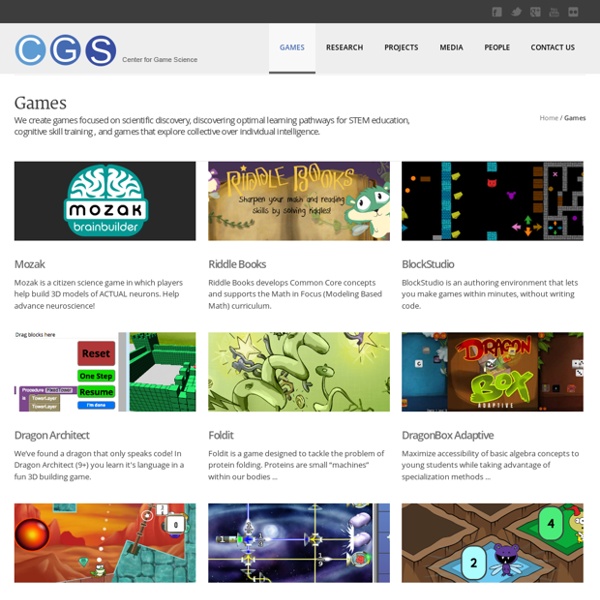



Gaming Education: Are Parents, Teachers, and Schools Ready to Embrace Gaming as a Learning Tool? Remember the early days of video gaming? Teachers lamented the existence of the accursed time-wasters and parents struggled to keep their kids’ eyes on their studies and away from those decidedly non-educational screens. In the last few years, growing awareness of the educational potential in a device that so easily captures and holds children’s attention has begun to give video games something of a remodeled reputation. Even with gaming in the classroom taking hold, though, the old attitudes of gaming as no more than frivolous entertainment still prevail among a wide set of parents and educators. What do parents think? With all the research done on the benefits of games in the classroom, it’s a bit perplexing that there’s still resistance to the notion of video games in education. “These parents were once children who played video games themselves,” Wood said. Maybe the issue isn’t with educators’ personal preferences after all. Educating the educators Walter G. Are schools ready?
Teachers' Quick Guide on The Use of Games in Education Online gaming plays a major part in most of young people's lives. The gaming trend that started off as a sole leisure activity a couple of years ago is now integrated into the mainstream and more and more people are using them on everyday basis.Game developers and business corporations are generating billions of revenues out of their sales .In March 2008, a government-funded report from DCSF indicated that sales of games for the under 12 age group represented nearly three quarters of the total UK games market. 87 % of 5-16 year old have a game's console at home, and the enormous success of the Nintendo Wii has shown that new technologies can reach and hold audiences never expected to enjoy playing online or computer games. Regardless of the negative features associated with gaming such as frivolity, violence and mindlessness, games do have a growing potential in education. The main Factors behind the raise of Digital Game-Based Learning What makes a learning game ?
The Learning Power of LEGO Ιnfographic Other Infographics Colorful and easy to use, Lego bricks have withstood the test of time because of their unlimited open-ended possibilities. There is not just one way to play with a set of Legos. Lego block are so popular with children that LEGO has designed educational products and curricula, and teachers are using them in their classrooms. The Learning Power of LEGO Ιnfographic brings to light the uses of LEGOs in education as well as a brief history of Lego Bricks. Via: www.onlinecollege.org Embed This Education Infographic on your Site or Blog!
Gamified eLearning Infographic e-Learning Infographics Gamification Infographics We all might have experienced situations when our learners are not interested in completing e-learning courses, are dull and do not have any interactions. Learners get bored and therefore knowledge transfer does not take place. You may also find valuable the following resources: Via: blog.commlabindia.com Embed This Education Infographic on your Site or Blog! <a href=" title="Gamified eLearning Infographic"><img width="512" height="1665" src=" class="attachment-progression-single-uncropped wp-post-image" alt="Gamified-eLearning-Infographic"/></a><br/><small>Find more <a href=" title="The No.1 Source for the Best Education Infographics">education infographics</a> on e-Learning Infographics</small>
6 Emerging Education Technologies Infographic Educational Technology Infographics The 2013 Horizon Report identified and outlined 6 new emerging education technologies that are expected to be integrated into the classroom. The 6 Emerging Education Technologies Infographic was created by Saint Xavier University. Massively Open Online Courses (MOOCs)Mobile TechnologyGames and GamificationLearning Analytics3D PrintingWearable Technology Via: www.sxuonline.com Embed This Education Infographic on your Site or Blog!